
Supplemental Security Income, or SSI, is a program that provides monthly income and Medicaid to people who are disabled or are 65+ years old with low income and few resources. This article discusses the ownership of resources for people on SSI.
A resource is anything owned by the SSI recipient that can be used for support.
Resources are either liquid or non-liquid.
A liquid resource is something that is immediately available for spending, like cash or a bank account.
A non-liquid resource is one that has to be sold before it can be spent, like a house or a car.
A single SSI recipient cannot possess resources of more than $2,000 in value; if the recipient lives with a spouse the limit is $3,000. If the resource is non-liquid, the recipient must be able to sell the asset. If they do not have the ability or the right to sell the asset then it is not countable.
If the recipient lives with a spouse, the spouse’s resources are countable to the recipient.
If the recipient is under the age of 18, the countable resources of parents in the same household are considered resources of the child. This is called “deeming” of resources.
Not all assets are countable as resources. Items on this list are excluded:
If an SSI recipient is over the resource limit in any given month, they are not eligible for benefits that month.
If their benefits were already paid, they will be required to pay them back.
It is important to know that resources are countable on the first day of the month.
So if an SSI recipient has a bank account that contains less than $2,000 on the first day of the month, there is no resource problem that month even if the amount in the account exceeds $2,000 sometime during the month.
However, the funds in the account must be reduced below $2,000 before the first day of the next month.
SSI recipients should never have joint bank accounts that also have funds from another person, as Social Security will treat all of the funds in the account as belonging to the recipient.
A recipient may not sell a countable resource without receiving fair market value in return.
If a recipient gives away a countable resource their benefits may be suspended up to 36 months, so it is important to keep receipts that can be provided to Social Security if there are questions.
There is no restriction on how the money is spent as long as fair value is received in return.
But, if funds are used to purchase something else that is also a countable resource, there may be a problem as the resources is still owned but in different form.
Resource issues can be complicated.
If you are an SSI recipient and expect to receive a large sum of money, possibly due to a personal injury settlement, you should consult with an attorney with experience in the creation of trusts that may be able to protect your eligibility for SSI as well as the Medicaid eligibility that comes with it.
This article was written by CJLS Senior Attorney Rick Bennett, Esq. (Nov. 2022)
For more information or for further assistance, please contact Central Jersey Legal Services.
Mercer County: (609) 695-6249
Middlesex County: (732) 249-7600
Union County: (908) 354-4340
